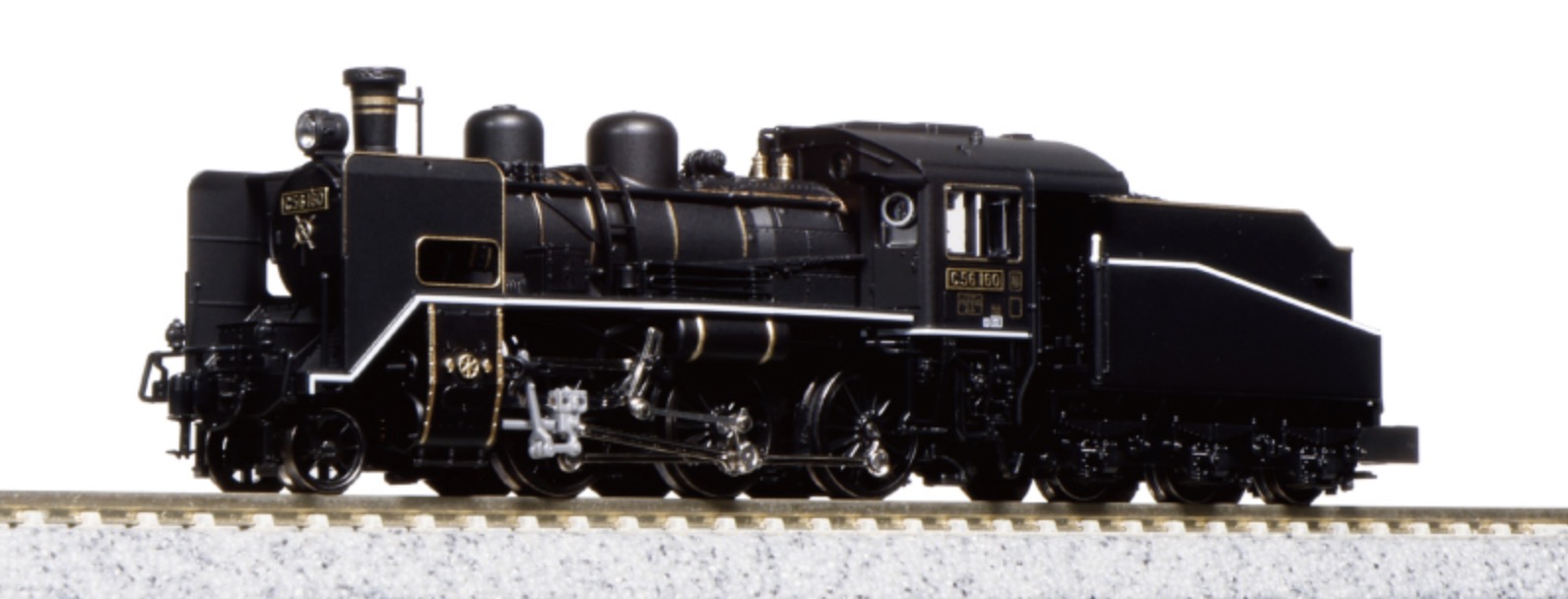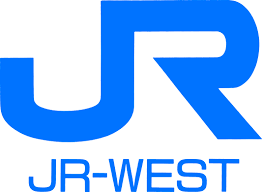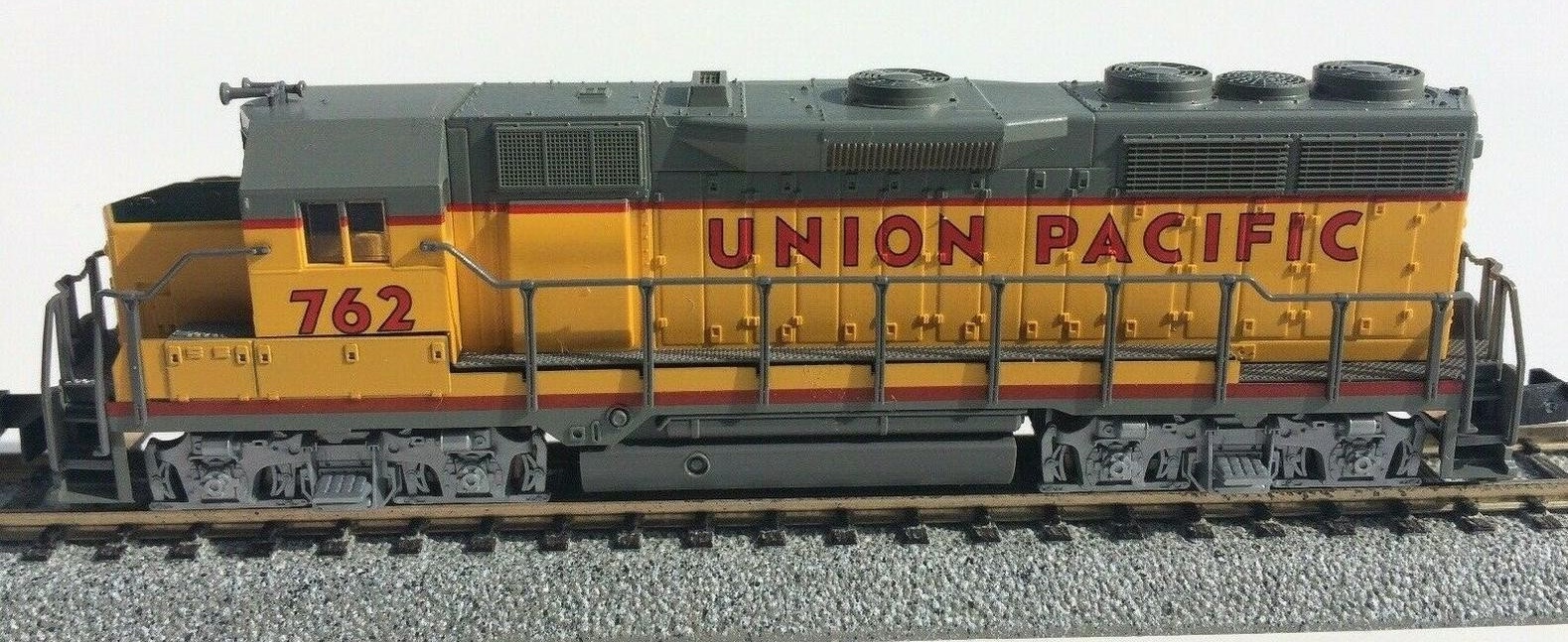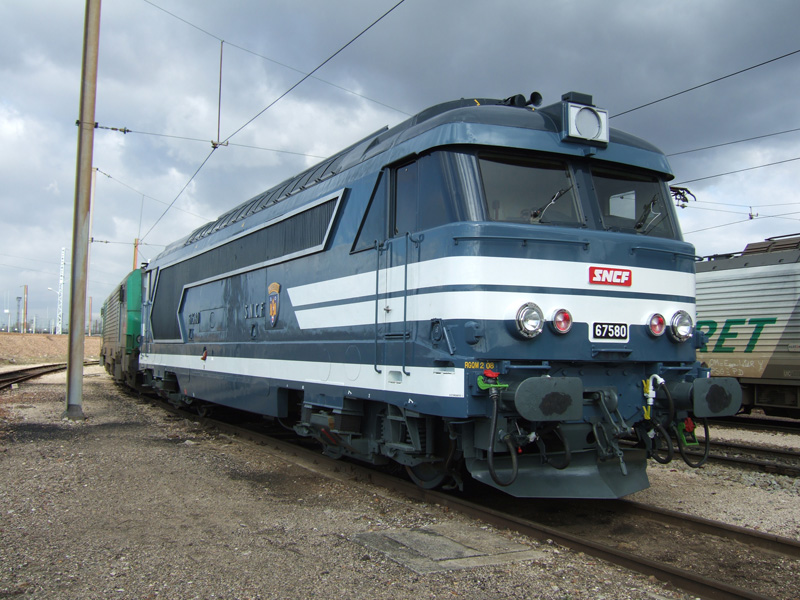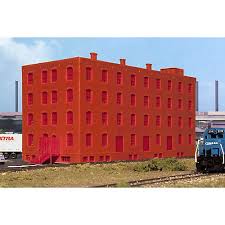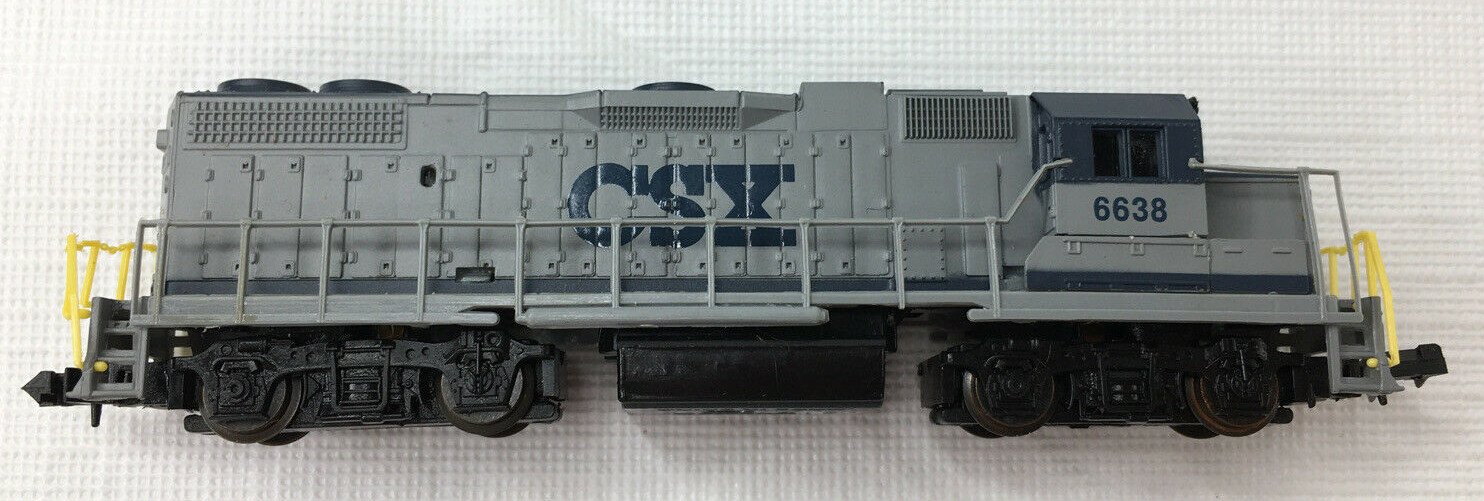Kato - 2020-2 - Locomotive, Steam, 2-6-0, C56 - Japan Railways West - C56 160
Click to see the details
market
Click to see the details
history
| Stock Number | 2020-2 |
| Original Retail Price | 16,500¥ |
| Brand | Kato |
| Manufacturer | Kato |
| Body Style | Kato Steam Engine C56 |
| Prototype | Locomotive, Steam, 2-6-0, C56 |
| Road or Company Name | Japan Railways West (Details) |
| Road or Reporting Number | C56 160 |
| Paint Color(s) | Black with White Stripe |
| Print Color(s) | Gold |
| Coupler Type | Kato Semi-Operating Knuckle |
| Coupler Mount | Body-Mount |
| Wheel Type | Chemically Blackened Metal |
| Wheel Profile | Deep Flange |
| DCC Readiness | Ready |
| Release Date | 2024-02-27 |
| Item Category | Locomotives |
| Model Type | Steam |
| Model Subtype | 2-6-0 |
| Model Variety | C56 |
| EAN/JAN/GTIN13 Number | 4949727690193 |
Specific Item Information:
After being active throughout the whole country as the last number in the C56 series during the JNR era, the C56 160 was transferred to Umekoji in 1972.
Since the JNR era, it has traveled throughout Japan and operated in Hokkaido, Tohoku, Kanto, Hokuriku, and Shikoku. From 1987, it was operated mainly on the Yamaguchi Line as the SL "Yamaguchi". Although it is no longer operated on the main line with the revival of the main line in 2018, it is still in service as a towing machine for the "SL Steam-go" in the Kyoto Railway Museum.
Road Name History:
JR-West was incorporated as a business corporation (kabushiki kaisha) on April 1, 1987 as part of the breakup of government-owned Japanese National Railways (JNR). Initially, it was a wholly owned subsidiary of the JNR Settlement Corporation (JNRSC), a special company created to hold the assets of the former JNR while they were shuffled among the new JR companies.
For the first four years of its existence, JR-West leased its highest-revenue line, the Sanyō Shinkansen, from the separate Shinkansen Holding Corporation. JR-West purchased the line in October 1991 at a cost of 974.1 billion JPY (about US$7.2 billion) in long-term payable debt.
JNRSC sold 68.3% of JR-West in an initial public offering on the Tokyo Stock Exchange in October 1996. After JNRSC was dissolved in October 1998, its shares of JR-West were transferred to the government-owned Japan Railway Construction Public Corporation (JRCC), which merged into the Japan Railway Construction, Transport and Technology Agency (JRTT) as part of a bureaucratic reform package in October 2003. JRTT offered all of its shares in JR-West to the public in an international IPO in 2004, ending the era of government ownership of JR-West. JR-West is now listed on the Tokyo Stock Exchange, Nagoya Stock Exchange, Osaka Securities Exchange and the Fukuoka Stock Exchange.
From Wikipedia
For the first four years of its existence, JR-West leased its highest-revenue line, the Sanyō Shinkansen, from the separate Shinkansen Holding Corporation. JR-West purchased the line in October 1991 at a cost of 974.1 billion JPY (about US$7.2 billion) in long-term payable debt.
JNRSC sold 68.3% of JR-West in an initial public offering on the Tokyo Stock Exchange in October 1996. After JNRSC was dissolved in October 1998, its shares of JR-West were transferred to the government-owned Japan Railway Construction Public Corporation (JRCC), which merged into the Japan Railway Construction, Transport and Technology Agency (JRTT) as part of a bureaucratic reform package in October 2003. JRTT offered all of its shares in JR-West to the public in an international IPO in 2004, ending the era of government ownership of JR-West. JR-West is now listed on the Tokyo Stock Exchange, Nagoya Stock Exchange, Osaka Securities Exchange and the Fukuoka Stock Exchange.
From Wikipedia
Brand/Importer Information:
Kato Precision Railroad Models (関水金属株式会社 Sekisui Kinzoku Kabushikigaisha) is a Japanese manufacturer of model railroad equipment in N and HO scales. The Tokyo-based company manufactures models based on Japanese prototypes (such as the Shinkansen bullet train) for the Japanese market, North American prototypes for the North American market and European high-speed trains for European market.
The Kato (pronounced kah-toe) model railroad companies were founded by Yuji Kato, father of current president Hiroshi Kato, of the parent company Sekisui Kinzoku Co., Ltd.
The design and distribution of models for the North American market are handled by their U.S. subsidiary, Kato USA, located in Schaumburg, Illinois.
The design of special models for the European market is handled for some of them by their partner, Lemke, whereas the general distribution of Kato products in Europe is handled by NOCH; both companies are located in Germany.
As a result, some Kato European models are sold as Kato Lemke and others as Kato (alone).
The Kato (pronounced kah-toe) model railroad companies were founded by Yuji Kato, father of current president Hiroshi Kato, of the parent company Sekisui Kinzoku Co., Ltd.
The design and distribution of models for the North American market are handled by their U.S. subsidiary, Kato USA, located in Schaumburg, Illinois.
The design of special models for the European market is handled for some of them by their partner, Lemke, whereas the general distribution of Kato products in Europe is handled by NOCH; both companies are located in Germany.
As a result, some Kato European models are sold as Kato Lemke and others as Kato (alone).
Item created by: CNW400
on 2024-03-18 10:42:19
If you see errors or missing data in this entry, please feel free to log in and edit it. Anyone with a Gmail account can log in instantly.
If you see errors or missing data in this entry, please feel free to log in and edit it. Anyone with a Gmail account can log in instantly.


